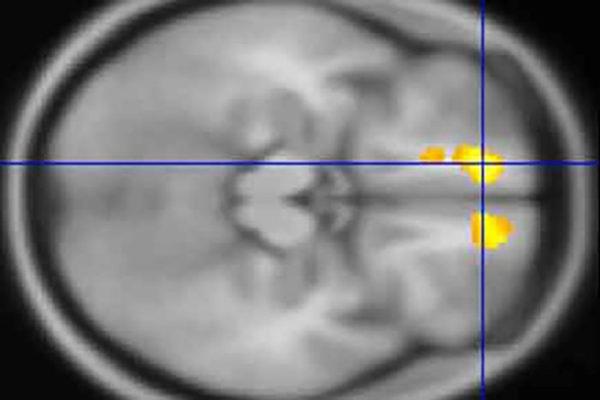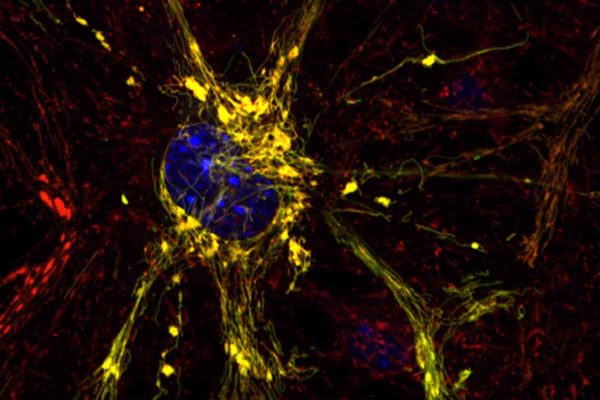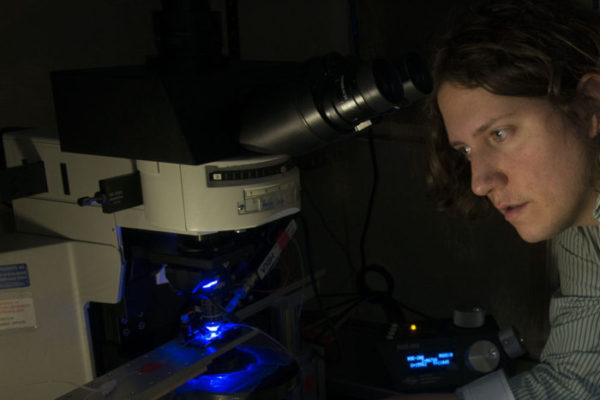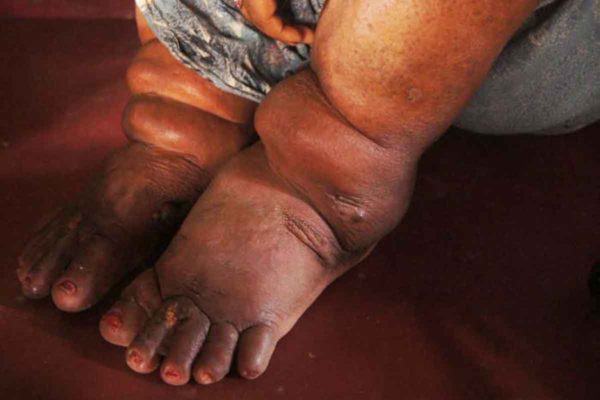Examining the effects of regulating tobacco sales
State actions to regulate retail sales of tobacco nearly doubled between 2012 and 2014, according to new research from the Brown School at Washington University in St. Louis, but much of the activity was directed at e-cigarettes, perhaps the least harmful tobacco product.
Brain scans of children with Tourette’s offer clues to disorder
Using MRIs, researchers at the School of Medicine have identified areas in the brains of children with Tourette’s syndrome that appear markedly different from the same areas in the brains of children who don’t have the neuropsychiatric disorder. The findings were published online Oct. 25 in the journal Molecular Psychiatry.
Possible strategy identified for Charcot-Marie-Tooth disease, other disorders
Scientists at Washington University School of Medicine in St. Louis and Stanford University report that they have designed small compounds that have the potential to correct the mitochondrial dysfunction that leads to Charcot-Marie-Tooth and other conditions involving mitochondria.
Scientists link single gene to some cases of autism spectrum disorder
Scientists have linked mutations in a single gene to autism in people who have a rare tumor syndrome typically diagnosed in childhood. The findings, in patients with neurofibromatosis type 1 (NF1), may lead to a better understanding of the genetic roots of autism in the wider population.
$3.8 million to help explore brain’s circuitry using light
As part of the White House BRAIN Initiative, researchers at Washington University School of Medicine in St. Louis have received two grants to develop tools to map and activate pathways in the brain using light.
$8 million grant aids effort to eliminate elephantiasis
Washington University School of Medicine in St. Louis has received a two-year, $8 million grant from the Bill & Melinda Gates Foundation to evaluate an investigational treatment regimen for lymphatic filariasis, a neglected tropical disease.
High-protein diet curbs metabolic benefits of weight loss
Dieters sometimes consume extra protein to stave off hunger and prevent loss of muscle tissue that often comes with weight loss. But a School of Medicine study found that eating too much protein eliminates an important health benefit of weight loss: improvement in insulin sensitivity, which is critical to lowering diabetes risk.
Surgery helps MLB pitchers overcome nerve-compression injuries
Research from the School of Medicine shows that surgery to correct nerve-compression shoulder injury can help Major League Baseball pitchers return to the game and perform at, or better than, pre-injury play.
Methadone provides pain relief for kids with sickle cell
Many children with sickle cell disease experience frequent and severe pain episodes, requiring emergency room visits or hospitalization. In search of more effective ways to treat such pain, researchers at Washington University School of Medicine in St. Louis have found that adding a low dose of the drug methadone to standard treatment can limit pain experienced by children with the condition.
$2 million awarded to help prevent antibiotic resistance
Four research teams at Washington University School of Medicine in St. Louis have been collectively awarded nearly $2 million for research aimed at combating the growing threat of antibiotic resistance.
Older Stories









